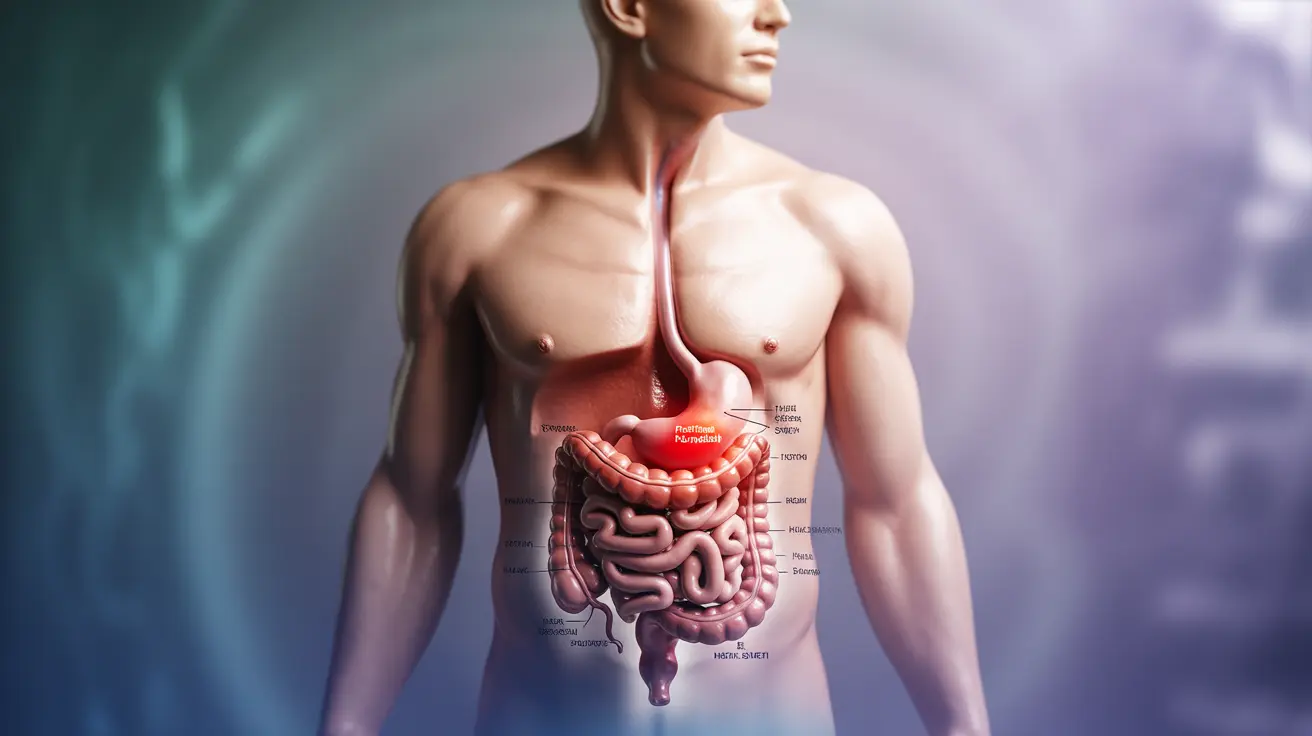Post-infectious Irritable Bowel Syndrome (PI-IBS) develops after a gastrointestinal infection, affecting up to 10% of people who experience severe stomach bugs. Understanding the recovery timeline and management strategies is crucial for those dealing with this challenging condition.
While every person's journey with PI-IBS is unique, knowing what to expect during recovery and which treatments may help can make a significant difference in managing symptoms and improving quality of life.
Understanding Post-Infectious IBS
Post-infectious IBS occurs when gastrointestinal symptoms persist after an initial infection has cleared. This condition can develop following bacterial, viral, or parasitic infections that affect the digestive system. Unlike regular IBS, PI-IBS has a clear triggering event and may have a different prognosis.
Expected Recovery Timeline
The recovery period for post-infectious IBS varies significantly among individuals. While some people may see improvement within six months, others might experience symptoms for several years. Research suggests that approximately 50% of patients show significant improvement within 2-3 years after onset.
Factors Affecting Recovery Time
Several factors can influence how long symptoms persist:
- Severity of the initial infection
- Individual immune system response
- Presence of stress or anxiety
- Age and overall health status
- Adherence to treatment plans
Common Symptoms and Their Pattern
People with post-infectious IBS typically experience:
- Abdominal pain or cramping
- Changes in bowel habits
- Bloating and gas
- Urgency to use the bathroom
- Food sensitivities
Effective Management Strategies
Dietary Modifications
Making specific dietary changes can help manage symptoms and support recovery:
- Following a low-FODMAP diet initially
- Identifying and avoiding trigger foods
- Eating smaller, more frequent meals
- Staying well-hydrated
- Including fiber-rich foods gradually
Lifestyle Adjustments
Implementing certain lifestyle changes can promote healing:
- Regular exercise
- Stress management techniques
- Adequate sleep
- Mindfulness practices
- Maintaining a consistent daily routine
Medical Interventions
Various medical treatments may be recommended:
- Probiotics to restore gut flora
- Anti-spasmodic medications
- Low-dose antidepressants for pain management
- Cognitive behavioral therapy
- Gut-directed hypnotherapy
Risk Factors and Prevention
Understanding who might be more susceptible to developing PI-IBS can help with prevention and early intervention. Risk factors include:
- Female gender
- Younger age
- Severity of initial infection
- Presence of psychological stress
- Previous anxiety or depression
- Genetic predisposition
Frequently Asked Questions
How long does recovery from post-infectious IBS usually take?
Recovery from post-infectious IBS typically ranges from 6 months to 3 years, with about half of patients showing significant improvement within 2-3 years. However, the timeline can vary significantly between individuals.
What are the common symptoms to expect with post-infectious IBS?
Common symptoms include abdominal pain, altered bowel habits (diarrhea or constipation), bloating, gas, and increased sensitivity to certain foods. These symptoms often mirror those of the initial infection but persist after the infection has cleared.
What treatments or lifestyle changes can help manage post-infectious IBS symptoms?
Effective management strategies include dietary modifications (such as a low-FODMAP diet), stress reduction techniques, regular exercise, probiotics, and medications when necessary. Working with healthcare providers to develop a personalized treatment plan is essential.
Which infections are most likely to cause post-infectious IBS?
Bacterial infections (such as Salmonella, E. coli, and Campylobacter), viral gastroenteritis, and parasitic infections are the most common triggers for post-infectious IBS. The severity of the initial infection often correlates with the risk of developing PI-IBS.
Are certain people more at risk of developing post-infectious IBS after a gut infection?
Yes, certain factors increase the risk of developing PI-IBS, including being female, younger age, experiencing severe initial infection, having psychological stress during infection, and having a history of anxiety or depression.




